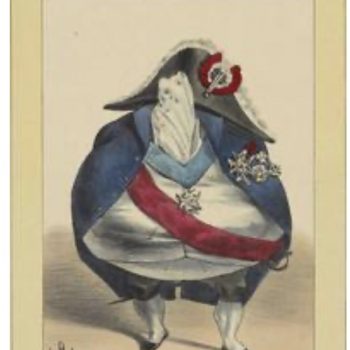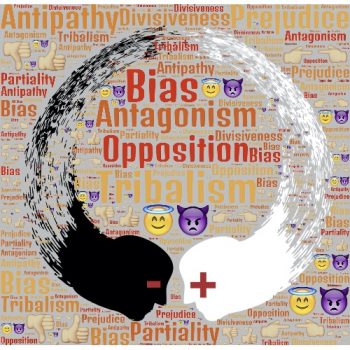“What is in opposition is in agreement, and the most beautiful harmony comes out of things in conflict (and all happens according to strife).” (S 8, Cp. R 8, K 75)
This is a paraphrase of Heraclitus from Aristotle (NE 1155b). The last segment does contain a literal rendering of part of Fragment K 82 (D80). This is a text that has continually attracted Hegelians. In terms of dialectical logic: The negative term contains the positive. The thesis and antithesis give rise to a greater synthesis, a greater unity. This isn’t only an abstract principle of conceptual experience. It is characteristic of the structure of all things.
Here specifically the analogy is between music and life. In Sweet’s interpretation, it is a tension between notes that gives rise to the most beautiful harmony. We might well note that while such tension may be necessary for such harmony, it is not a sufficient condition. Clearly not all tension between notes results in harmony. Kahn’s translation appears to allow us to avoid this difficulty, at least initially. As he notes “from tones at variance comes the finest attunement (harmonia).” Notes at variance” could be viewed as necessary to the very definition of harmony. But are notes at variance the same thing as notes in opposition or notes in strife? Does the statement conflate the terms “opposition” and “strife,” in life and “conflict” or “variance” in music? If Heraclitus means to demonstrate that even music requires strife for an ultimate unifying harmony, might we not also consider that certain tones don’t appear to lead to a harmony whatsoever. They merely produce uncomfortable noise. If opposition alone is not enough to create agreement, or conflict enough to create harmony, then what else is needed for it? Clearly sometimes opposition merely begets opposition, and strife just begets strife.


